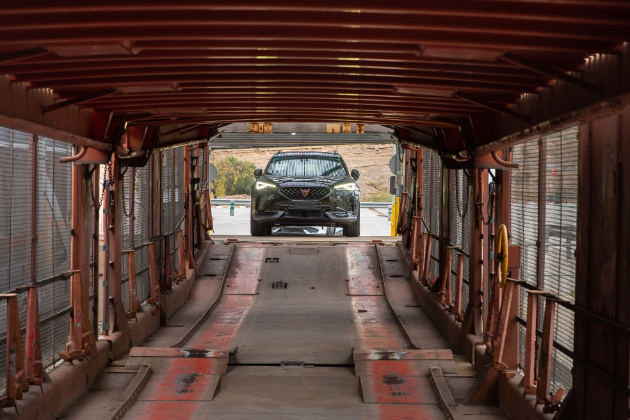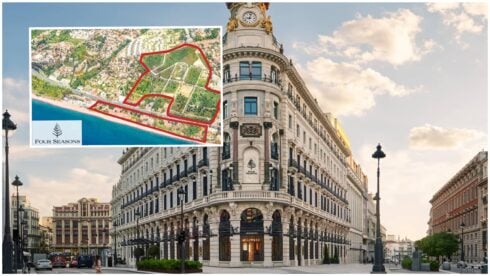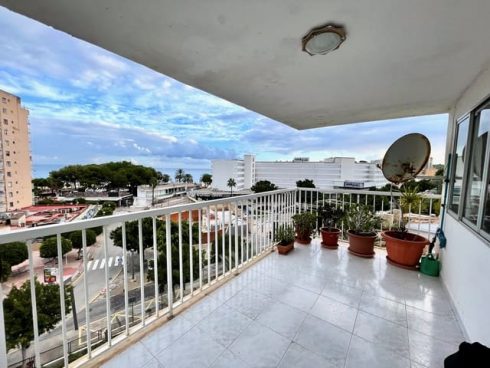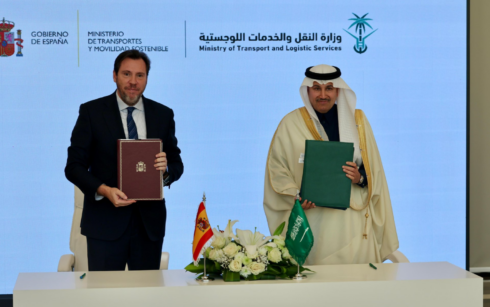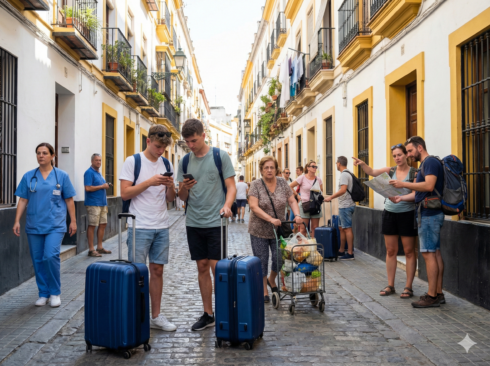CAR manufacturers are not noted for their green credentials, despite their move towards an electric future.
But now Spanish company Seat is taking a step forward in its ‘Move to Zerø’ strategy with a new rail service linking its Martorell (Spain) plant with the Volkswagen Autoeuropa factory in Palmela (Portugal).
The new service is operating once a week, and is expected to transport more than 20,000 vehicles per year, which will avoid 2,400 truck journeys and reduce CO2 emissions by 43%.
Until now, vehicles produced in Martorell were transported by train to Salobral (Madrid) and then delivered from there by lorry to the various dealerships. With this new line, the vehicles will arrive directly at the Palmela factory, from where they will be transported by lorry one last time to the distribution depot in Azambuja, 75 km away.
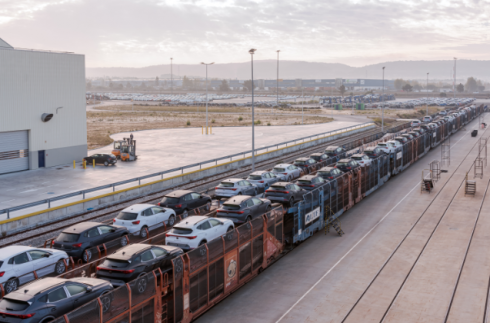
The return train journey will take vehicles manufactured in Palmela to the Port of Barcelona, from where they will be distributed by road to different regions of Spain, the South of France and by ship to destinations in the Mediterranean.
“The train is an environmentally friendly, cost-effective and efficient means of transport, which is why this new service between the Martorell and Palmela factories helps us make progress in our aim to reduce the carbon footprint of vehicle transport and brings us closer to our goal of logistical sustainability,” said Herbert Steiner, Vice-President for Production and Logistics at Seat.
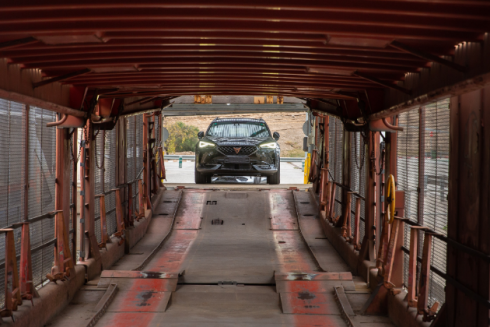
“This project is part of the ‘One Production’ strategy of Volkswagen Group factories on the Iberian Peninsula, which seeks to optimize resources, generate synergies between production centres and boost efficiency.”
The train service, operated by Pecovasa Renfe Mercancías, is made up of 16 wagons, has a maximum length of 500 metres, and will be able to transport up to 184 vehicles per journey. From 2023, it is planned that the train will have two additional carriages and run up to 550 metres in length, enabling around 200 carriages to be transported.
Eliminating 2,400 road journeys will mean a reduction of almost 1,000 tonnes of CO2. By 2024, emission neutrality will be achieved with the arrival of hybrid locomotives that will allow electricity to be used on 100% of the route, according to Seat.
READ MORE:
- Catalunya offers two sites to SEAT for electric car battery production in Spain
- SEAT and Iberdrola ‘to build Spain’s first EV battery plant’
- Spain’s leading car manufacturer Seat commits €5 billion to Spanish motor industry
Click here to read more Environment News from The Olive Press.

